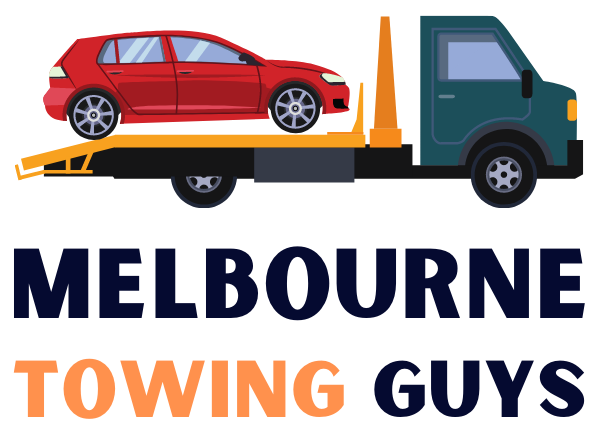The terms heavy-duty and light-duty are used to describe the type of trucks that tow vehicles. These are also terms related to services offered by towing companies.
A towing company is officially licensed to operate tow trucks and assist motorists who need to have their vehicles towed, removed, stored, transported, or transferred to a specific location. They are called to the scene for several reasons.
Towing services may be needed because of a car stranded in the middle of a snowstorm, a vehicle that conked out in the middle of the highway, or a sedan that got into an accident. Whatever the reason for needing them is, emergency towing services are always a blessing to motorists.
If you are a first-time driver or have yet to learn about towing services, you need to know everything you can about the two main types of towing: heavy-duty towing and light duty towing. As mentioned above, these terms refer to the trucks used to tow vehicles. Knowing and understanding the distinct characteristics of each type is crucial if you want to ensure that you’ll hire the right towing truck when the need arises. Using the wrong one may affect the safety of the load and the overall service quality. It can also damage your vehicle and cost you extra expenses.
Heavy-Duty Tow Trucks
Heavy-duty tow trucks are intended for heavyweight vehicles. These tow trucks typically weigh 26,000 lbs., more or less. They are ideal for big vehicles such as shipping containers, semi-trailers, garbage trucks, dump trucks, and farm equipment.
These tow trucks are required to follow several requirements. Since they will be removing heavyweight vehicles, they have to be equipped with the correct capacity. Heavy-duty tow trucks should have a 6-ton wheel lift, 25-ton boom lift, and a winch.
Additionally, they should be capable of carrying an entire vehicle. Their frames must be bigger and sturdier, and their engines must be more powerful than standard tow trucks. Heavy-duty tow trucks are also expected to have a lot of torque and horsepower.
Heavy-duty tow trucks that haul big vehicles damaged by an accident are called wreckers.
Light-Duty Tow Trucks
Light-duty tow trucks are commonly used for roadside assistance and routine services such as engine stalls, flat tires, and jumpstarts. These trucks have a modern wheel system that prevents vehicle and tow truck contact. The wheel system lifts the vehicle from the road – either the front or back wheels, while the two remaining wheels are allowed to stay on the ground as the vehicle is towed and transported.
Some light-duty tow trucks utilize the dolly towing technique, which involves attaching an extra dolly that will serve as the truck’s extension.
Light-duty tow trucks typically weigh anywhere between 8,600 and 10,000 lbs. They use a cable system and a winch to enable efficient towing.
Vehicles that can be comfortably and safely hauled or removed by light-duty tow trucks include city-driving cars, sedans, vans, SUVs, pick-up trucks, small trailers, motorcycles, and minivans.
Heavy-duty tow trucks and light-duty tow trucks have distinct characteristics that make them different from the others. They each have their own requirements for lifting and towing equipment as well. If you’re not sure which of these two types is ideal for your vehicle, the best thing to do is find a towing company that has extensive industry experience. When choosing a towing service operator, a good reputation (especially among clients), the right equipment, and a towing license are vital factors to consider.
A Full-Service Towing Melbourne Company in Melbourne Northern Suburbs.
Our Services
- Car Towing
- Van Towing
- Truck Towing
- Emergency Towing
- 24/7 Towing
- Motorcycle Towing
- Cheap Towing
- Old Car Removal
- Junk Car Removal
- Boat Towing
- Bus Towing
- Clearway Towing
- Accident Towing
- Caravan Towing
- Trailers Towing
- Parking Towing
- 4WD Towing
- Limousine Towing
Need to tow your vehicle immediately?
Melbourne Towing Guys located near the Tally Ho. Please check below map.
Melbourne Towing Guys
12 Esperance Rd
Mount Waverley VIC 3149


Recent Comments